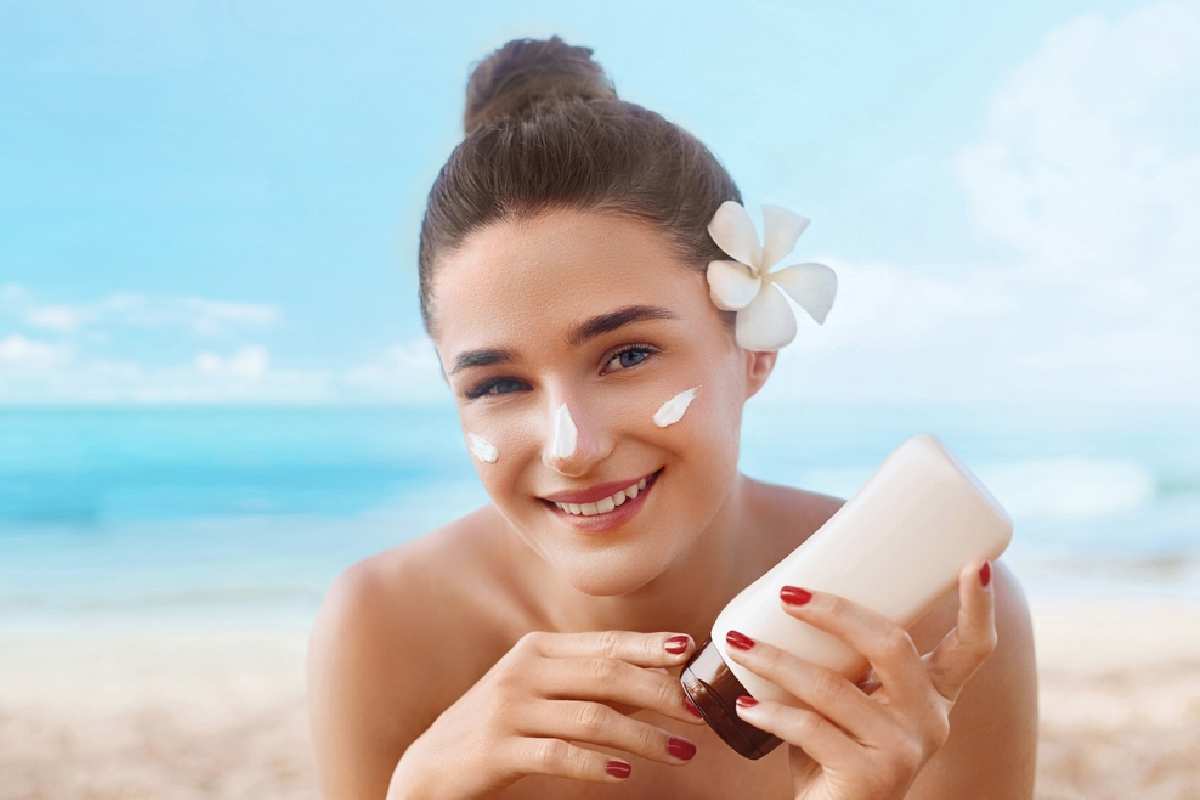Finding the perfect sunscreen can be a challenge, especially if you have oily skin. The wrong sunscreen can leave your face feeling greasy, lead to clogged pores, and even cause breakouts. Fortunately, there are sunscreens designed specifically for oily skin types that not only protect you from harmful UV rays but also help control excess oil and shine.
In this post, we’ll guide you through what to look for when selecting the best sunscreen for oily skin and how a mattifying sunscreen can make all the difference. Keep reading to find out more.
Table of Contents
1. Look for Oil-Free Formulas
When you have oily skin, the last thing you want is a sunscreen that adds more oil to your face. Look for sunscreens labelled oil-free or non-comedogenic. These formulas are designed not to clog pores or contribute to the greasy feeling that many sunscreens can leave behind. By choosing an oil-free sunscreen, you reduce the risk of breakouts and help keep your skin looking fresh throughout the day.
Non-comedogenic sunscreens are specifically formulated to prevent blocked pores, a common issue for those with oily or acne-prone skin. These sunscreens allow your skin to breathe while still providing excellent protection from the sun.
2. Choose a Mattifying Sunscreen
One of the best ways to manage oily skin is to choose a mattifying sunscreen. These sunscreens are designed to absorb excess oil and leave your skin with a matte finish rather than a shiny, greasy one. A mattifying sunscreen works by controlling the oil your skin produces throughout the day, helping you maintain a smooth, shine-free complexion.
Some mattifying sunscreens contain ingredients like silica or clay, which absorb oil and keep your skin looking matte for longer. Others include micro-particles that help to smooth the skin and reduce the appearance of pores, giving you an overall polished look. If shine control is a priority, a mattifying sunscreen is a must-have in your skincare routine.
3. Opt for Lightweight, Gel-Based Formulas
For oily skin, texture is key. Heavy, creamy sunscreens can feel greasy and uncomfortable, making your skin look shinier as the day goes on. Instead, look for lightweight or gel-based sunscreens, which tend to feel more comfortable on oily skin. Gel sunscreens are water-based and absorb quickly, leaving your skin feeling refreshed rather than sticky.
These types of sunscreens often contain fewer oils and emollients, which is why they work well for people with oily or combination skin. They’re also a great option if you live in a humid environment, where your skin might already produce more oil than usual.
4. SPF and Broad-Spectrum Protection
While managing oily skin is important, your sunscreen should still provide effective protection against UV damage. Always choose a sunscreen that offers broad-spectrum protection, which guards against both UVA and UVB rays. UVA rays can cause premature ageing and damage the deeper layers of your skin, while UVB rays are responsible for sunburn.
For oily skin, an SPF 30 sunscreen is generally a good starting point for daily use. However, if you’re spending time outdoors or exposed to intense sunlight, consider a higher SPF like SPF 50 for added protection. No matter the SPF, reapplication is key—especially after sweating or swimming.
5. Consider Sunscreen with Added Benefits
The best sunscreen for oily skin often comes with added skincare benefits that target other concerns like acne, enlarged pores, or uneven skin texture. Some sunscreens for oily skin include ingredients like niacinamide, which helps to regulate oil production and reduce inflammation, or antioxidants like vitamin C, which protect the skin from free radicals and improve skin tone.
You might also want to look for sunscreens that offer a tinted option, which can help even out your skin tone and reduce the appearance of redness or blemishes, while still giving you that matte, shine-free finish.
6. Water and Sweat Resistance
If you’re planning to be active, whether it’s exercising or spending time outdoors, opt for a sunscreen that’s labelled water-resistant or sweat-resistant. These sunscreens are designed to stay in place, even when your skin is producing more oil or moisture. While no sunscreen is entirely waterproof, a water-resistant formula can help your sunscreen last longer, even in hot or humid conditions.
Choosing the best sunscreen for oily skin doesn’t have to be complicated. Prioritise oil-free, lightweight, and mattifying sunscreen formulas that provide effective sun protection without clogging your pores or making your skin look greasy. With the right sunscreen, you can keep your skin protected from harmful UV rays while also controlling shine and preventing breakouts. By incorporating a sunscreen that suits your skin type into your daily routine, you can enjoy healthy, radiant skin all year round.


